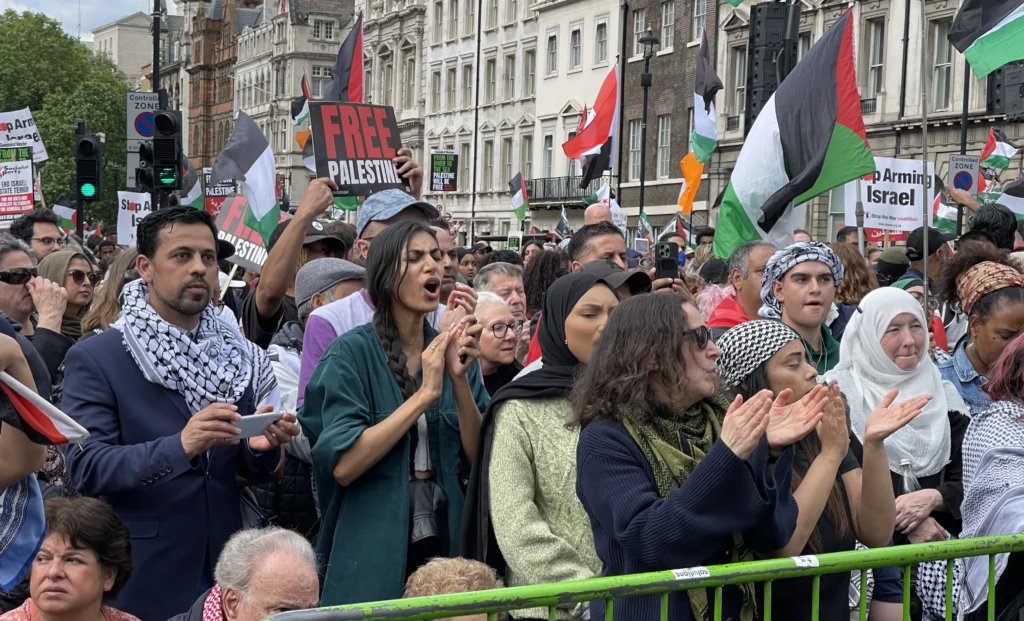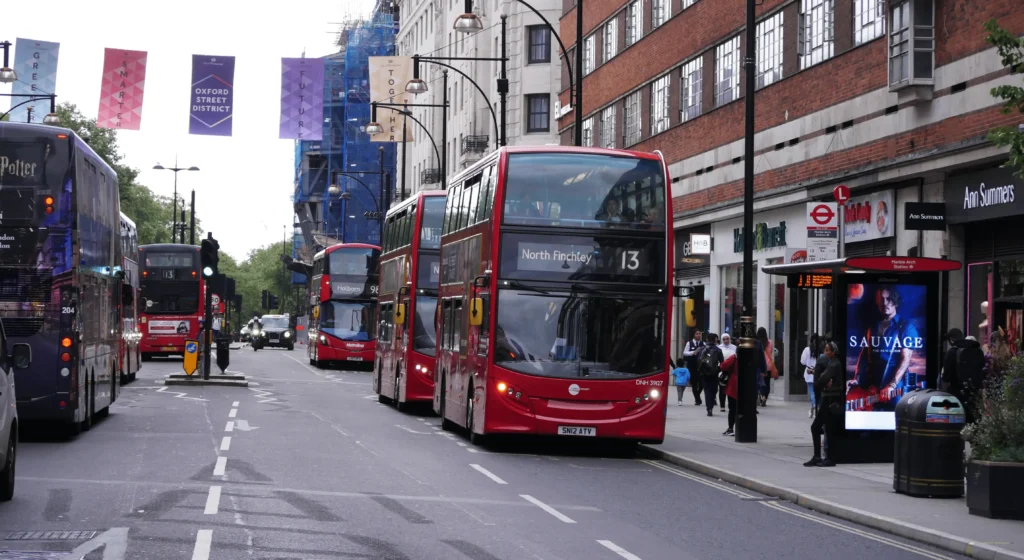UK Elections Today: Evaluating the Impact of Arab and Muslim Voters

In a matter of hours, Britain will see its first general election since the onset of the war on Gaza nine months ago. The stance on Palestine has become a litmus test for candidates, gauging their humanity, commitment to justice and human rights, and their capability to manage our healthcare and education sectors; supporting genocide is understandably a disqualifier.
Despite the endorsement of approximately 400 candidates by campaigns representing Muslim and Arab voters across various regions of Britain, the likelihood of these candidates winning seats at Westminster remains low. This is due to the electoral system that employs a ‘first-past-the-post’ approach rather than proportional representation, where the candidate with the most votes in each constituency wins, irrespective of the total percentage of votes their party receives nationally.

Highlighting Gaza and demonstrating the influence of Arab and Muslim communities in the elections are crucial, even if the desired number of seats isn’t achieved. Politicians are attuned to the language of numbers and are expected to acknowledge that these minorities are a significant and indelible part of the electorate, deserving of respect in future ballots.
Historically, many viewed UK Muslim votes as guaranteed for the Labour Party, but it has since lost the trust of Arabs and Muslims due to its leader’s stance on the siege on Gaza, among other contentious issues.
The 4th of July elections mark a significant step towards greater public engagement for Arabs and Muslims, aimed at improving political participation and reducing the typically high rates of electoral disengagement, which often exceed 50%.
The election results expected tomorrow morning should serve as a wake-up call to those who have shunned collaborative and coordinated efforts at an institutional level, focusing instead on individual pursuits, which only served to dilute the votes.

This election demonstrates the organised influence of the Arab and Muslim communities, laying the groundwork for a stronger, more sustained effort in future elections and policymaking. This long-term approach is marked by a sense of purpose and integrity.
It is fair to say that the Arab and Muslim communities have already succeeded in delivering their message, effectively fulfilling their role in these elections before the polling stations have even opened, with the potential to achieve even greater impact through continued dedication and coordinated efforts.
Read More:
ShortURL ⬇

